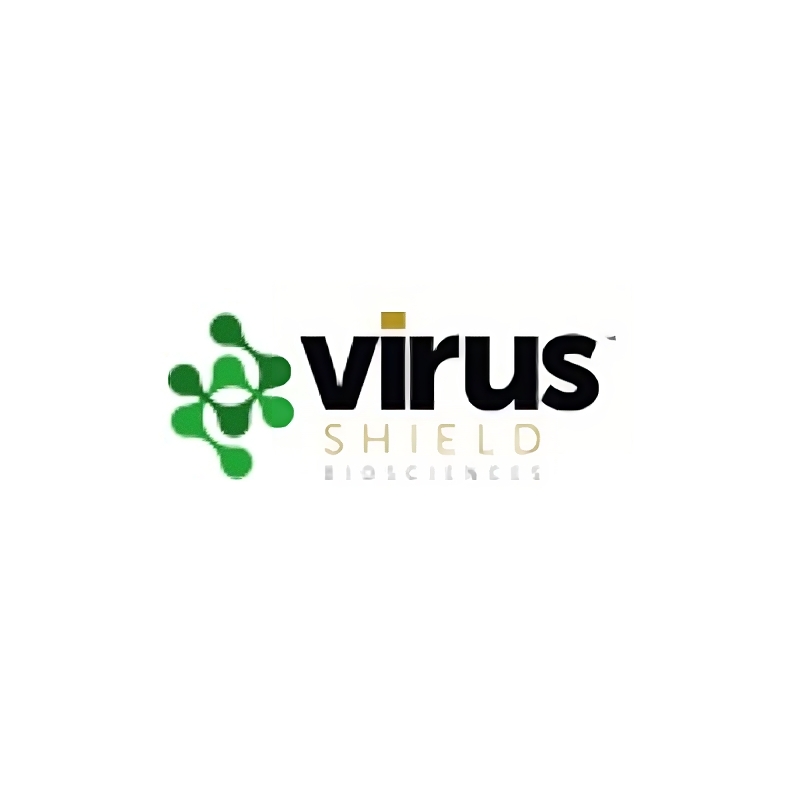Introduction
Agriculture has come a long way from traditional farming practices to highly mechanized and technologically advanced systems. As the global population continues to grow, the demand for food is on the rise, necessitating the implementation of innovative methods to increase crop yields. Agriculture disinfectants are a crucial component of modern farming practices, helping to maintain crop health and safety. In this article, we will explore the significance of agriculture disinfectants in contemporary agriculture.
Preventing Disease Outbreaks
Agriculture disinfectants play a pivotal role in preventing disease outbreaks in crops. Just as humans can fall victim to viruses and pathogens, so can plants. Contaminated soil, water, and equipment can serve as breeding grounds for harmful microorganisms. These can cause diseases that can devastate crops and reduce yields. By using agriculture disinfectants, farmers can eliminate or reduce the presence of pathogens, ensuring that their crops remain healthy and productive.
Soil Sterilization
One of the key applications of agriculture disinfectants is soil sterilization. Soil can carry harmful pathogens that can infect the roots of plants and stunt their growth. By sterilizing the soil using disinfectants, farmers can create a clean environment for their crops, promoting better root development and nutrient absorption. This ultimately results in healthier plants and higher yields.
Water Quality Improvement
Water is a precious resource in agriculture, and its quality is paramount to the health of crops. Agriculture disinfectants are used to treat irrigation water, removing harmful contaminants that can negatively impact plant growth. Clean, disinfected water ensures that plants receive the essential nutrients they need to thrive, reducing the risk of waterborne diseases and other water-related issues.
Equipment and Facility Sanitization
Farm equipment and facilities can serve as carriers of harmful pathogens if not properly maintained and sanitized. Agriculture disinfectants are used to clean and disinfect equipment such as tractors, plows, and storage facilities. Regular sanitization helps prevent the spread of diseases and ensures that harvested crops remain free from contamination.
Enhancing Crop Quality
Agriculture disinfectants not only protect crops from diseases but also contribute to the overall quality of the harvest. By maintaining a disease-free environment, farmers can produce crops that are more appealing and safe for consumers. This not only increases the market value of the produce but also builds trust between farmers and consumers.
Sustainability and Environmental Considerations
As the world becomes increasingly conscious of environmental impact, the use of agriculture disinfectants has evolved to become more sustainable. Modern disinfectants are formulated to be less harmful to the environment, reducing the ecological footprint of agricultural practices.
Conclusion
Agriculture disinfectants have become indispensable tools in modern agriculture. They are essential for preventing disease outbreaks, improving soil and water quality, enhancing crop quality, and ensuring the overall success of farming operations. While they play a crucial role in increasing crop yields and protecting food security, it is essential for farmers to use these disinfectants responsibly, considering environmental and sustainability factors. The judicious use of agriculture disinfectants can lead to healthier and safer crops, contributing to a more sustainable and prosperous agricultural industry.
For More Info:-





Comments